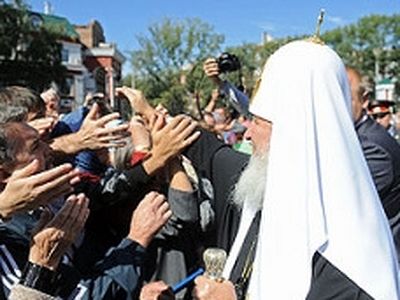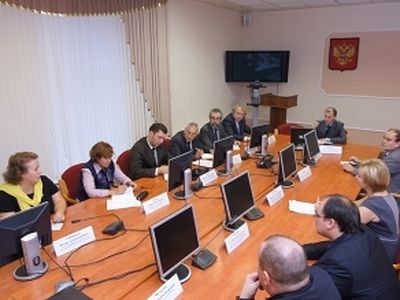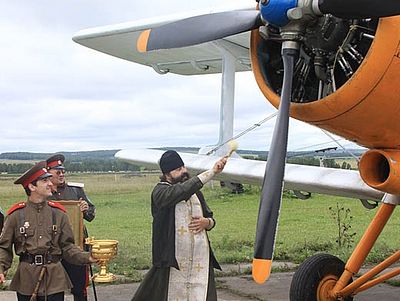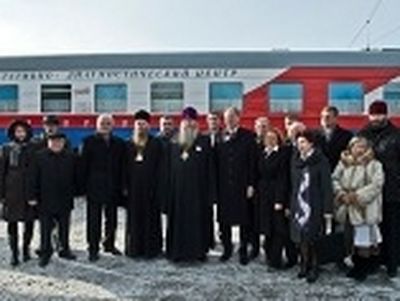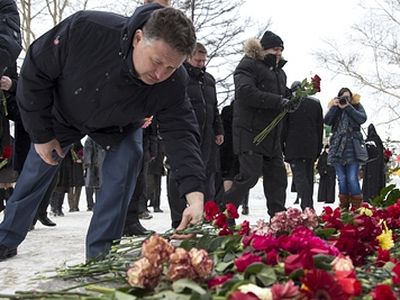Khabarovsk, September 16, 2014
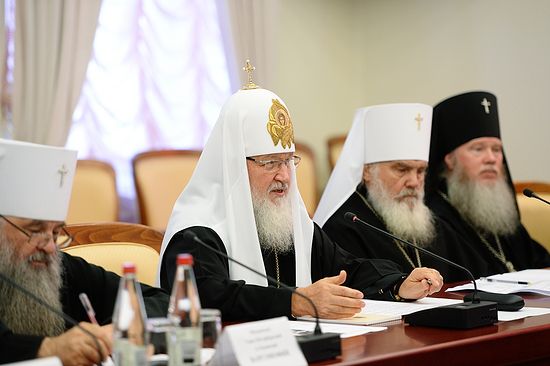
On September 14, 2014, a meeting of His Holiness Patriarch Kirill of Moscow and All Russia with the Far East Development Minister Alexander Galushka, senior officials of constituent territories of the Russian Federation in the Far Eastern federal district and with hierarchs of the Far Eastern dioceses took place in Khabarovsk. (The Russian part of the Far East lies between Lake Baikal and the Pacific ocean.)
At this meeting the Patriarch dwelt on the issue of “the neo-religious phenomena with quite a complex origin”, and the fact that the number of “legalized groups which have nothing to do with Orthodoxy considerably exceeds the number of Orthodox communities.”
“The Far East was a place of exile, but, for some unknown reason, it was, first of all, the scene of a terrible experiment on human souls. It was this vast expanse where all spiritual life was almost completely destroyed. Imagine that there was only one church to the east of Irkutsk—in Vladivostok. It is terrifying to imagine!” noted the patriarch, speaking on the reasons for the current state of things, “One had to travel great distances in order to reach the nearest church, so people did not go to churches. But a spiritual vacuum cannot last for long, and various substitutes make up for the lack of an adequate religious life. It was the Far East where illegal religious groups having nothing to do with Orthodoxy or our people’s traditional way of life began to appear as early as in the Soviet period. By the time of Perestroika these groups became quite numerous.”
“Mostly, the lack of traditional religiosity is compensated for by various neo-religious phenomena having very complex origins, and today the number of legalized groups having nothing to do with Orthodoxy considerably exceeds the number of Orthodox communities,” His Holiness added.
“A restoration program for spiritual life in Far East must be worked out,” believes head of the Russian Church, “Perhaps it should have been adopted some 20 years ago; but, as is generally known, history does not know the subjunctive. We have what we have, so we should begin with the reality but not lose time, lest those who come after us should say: ‘If we had started at that time, then by now the things would have gone in a different direction.’ We can already talk about the 1990s that way, and I feel absolutely sure that now we must begin to resolve all these questions with new efforts and new vision.”
